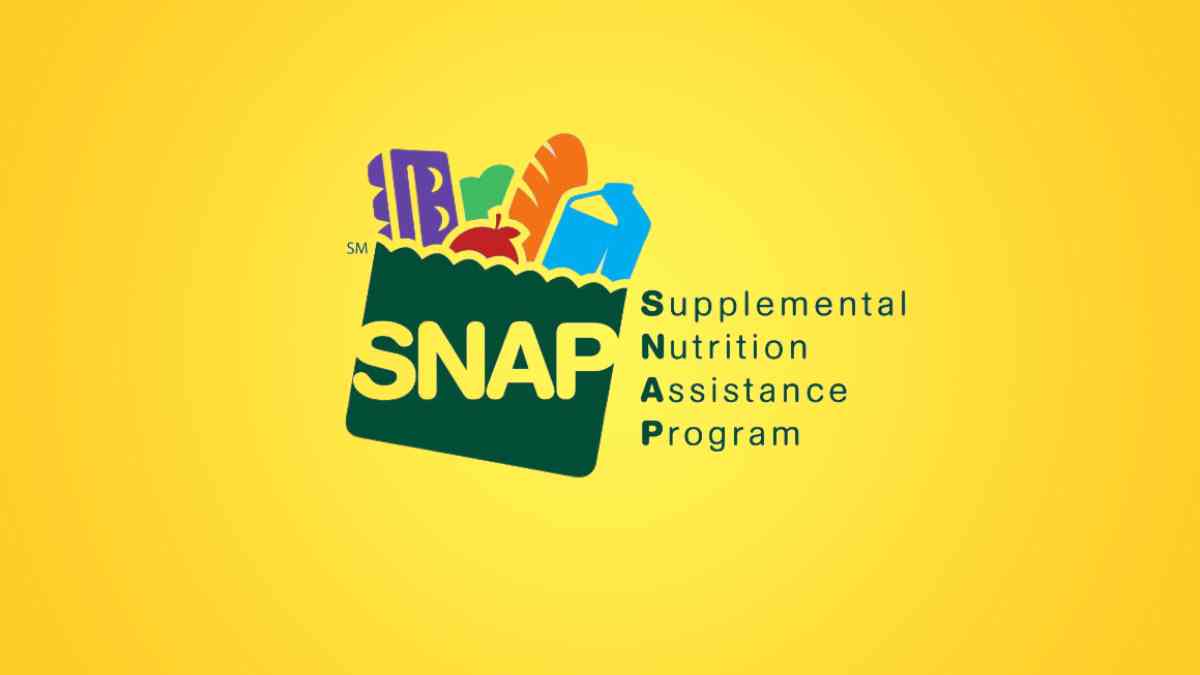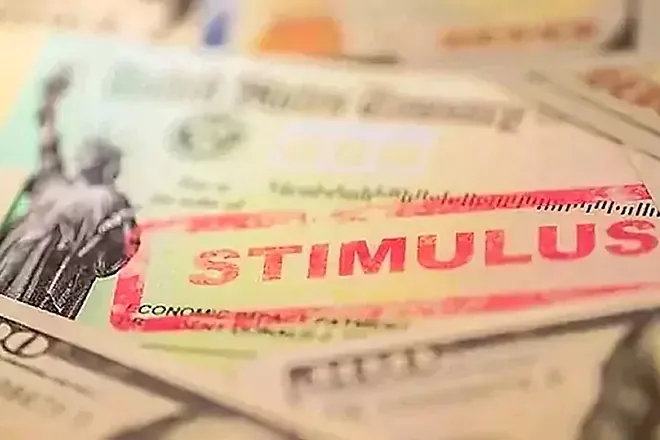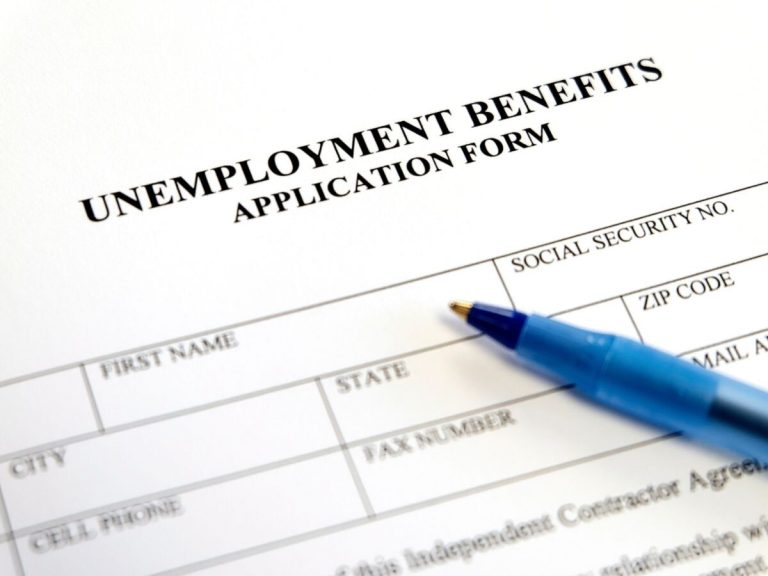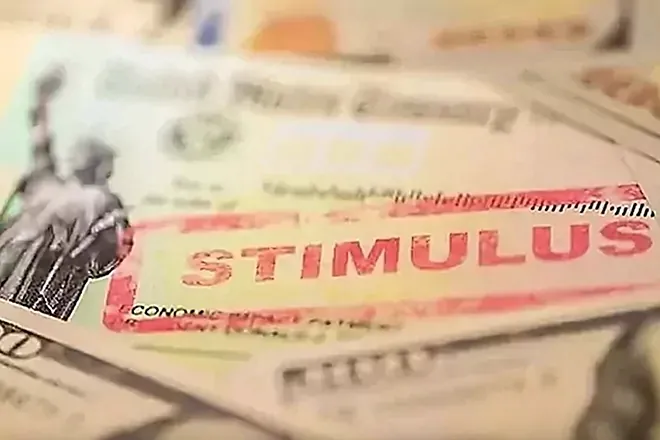“Understanding D-SNAP: Disaster SNAP Benefits Explained”
The USDA’s Food and Nutrition Service (FNS) funds and administers the Supplemental Nutrition Assistance Program (SNAP), which includes a special provision called Disaster SNAP (D-SNAP). D-SNAP provides essential food support to Americans severely affected by disasters, including natural events such as hurricanes, tornadoes, and floods, which can lead to food loss, property damage, and power outages.
To help those facing food insecurity during these emergencies, the FNS collaborates with state and local agencies, tribal organizations, and other groups. When the President declares a major disaster, D-SNAP can be activated to extend assistance to those impacted, even if they are not typically eligible for standard SNAP benefits. This is particularly helpful for those who experience loss of income, food spoilage due to power outages, property damage, or relocation expenses.
Also Read – $900K Data Breach Settlement: How to Score Up to $4,200 with Just One Form!
How to Qualify for D-SNAP
D-SNAP may be available to people who do not qualify for regular SNAP benefits but are facing financial strain due to a disaster. Approved applicants receive benefits through an Electronic Benefits Transfer (EBT) card, which works like a debit card and allows for the purchase of approved food items at authorized retailers. If you already receive regular SNAP benefits, you may be eligible for additional support through D-SNAP.
D-SNAP in Georgia
For those impacted by Hurricane Helene, Georgia has activated D-SNAP to provide one-time assistance for food purchases. The program will roll out in four phases, with specific dates based on county locations.
- Phase 3: Runs from Thursday, November 7, 2024, to Thursday, November 14, 2024, excluding Sunday, November 10, and Monday, November 11, for Burke, Columbia, Glascock, Jefferson, Jenkins, Lincoln, McDuffie, Richmond, Screven, Taliaferro, Warren, and Washington counties.
- Phase 4: Runs from Monday, November 18, 2024, to Saturday, November 23, 2024, for Appling, Bulloch, Candler, Dodge, Emanuel, Evans, Jeff Davis, Johnson, Laurens, Montgomery, Tattnall, Telfair, Toombs, Treutlen, Wayne, and Wheeler counties.
Residents in eligible counties can apply during the designated phases. Those seeking assistance are encouraged to apply promptly, as earlier phases may have closed.






